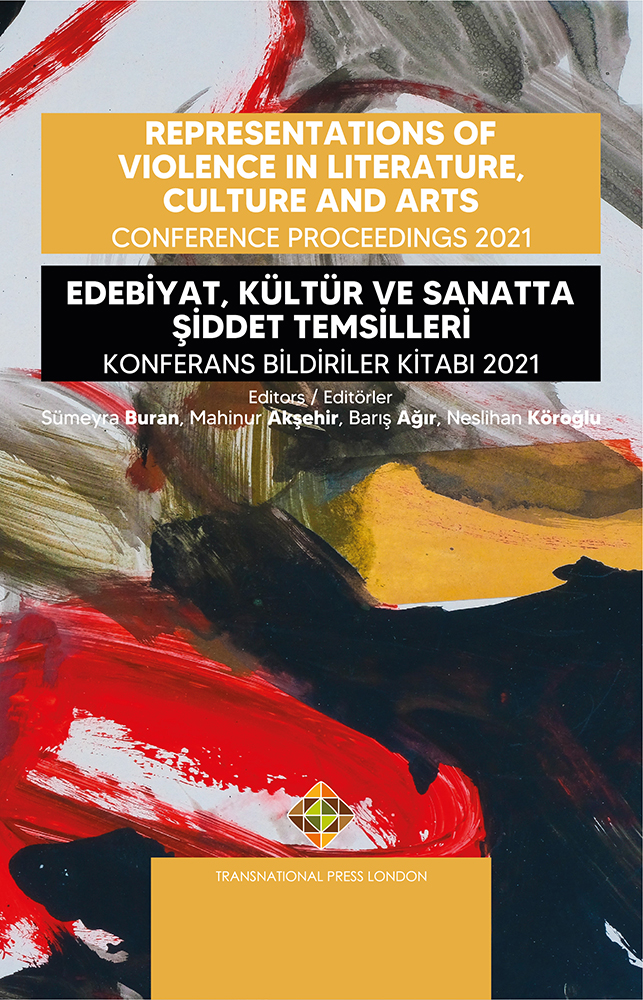Margaret Atwood’s The Testaments: A Portrayal of State Violence Against Women
Margaret Atwood’s The Testaments: A Portrayal of State Violence Against Women
Author(s): Elvan Karaman
Subject(s): Studies of Literature, Studies in violence and power, American Literature
Published by: Transnational Press London
Keywords: Margaret Atwood’s The Testaments; A Portrayal of State Violence Against Women; Violence; Violence Against Women;
Summary/Abstract: Discussed around the world as the writer of more than fifty books, including novels, rewritings, poetry and essays, Margaret Atwood is not only our contemporary but also an author in the future with her genius. Her career has been shaped by the socio-cultural changes emerging from the Cold War, different kinds of regimes, crises and tensions around the world. After everyone had been curious about what happened to Offred, the narrator of The Handmaid’s Tale, for thirty-four years, Atwood created The Testaments as a product of the twenty-first century and published it in 2019, two years after Donald Trump was elected and the Women’s March, “the largest single-day demonstration in the country’s history”, was organised by women against him (Gheorghiu & Praisler, 2020, p. 91). Thus, Atwood has created a follow-up for The Handmaid’s Tale and she (2009) emphasises that “as time moved on, instead of moving further away from Gilead we moved towards it” (p. 3). As a result, it sold more than 100.000 copies in a week and it is the co-winner of the Booker Prize, showing that the reader needs this work in the atmosphere of the twenty-first century. This study aims to analyse The Testaments in terms of state violence, especially employed against women, as a portrayal of the patriarchal totalitarian regime of the Republic of Gilead. In this totalitarian regime, two types of repression are employed against women: mental repression and a corporeal subjection of women, systematically practised in different ways. Two years after the publication of the novel, the world has the reality of Taliban in Afghanistan and nobody knows what kind of oppression is utilised there against women. Accordingly, Atwood is proved to be right in her observation about the oppressive regimes, which usually practise the most severe discrimination against women. In Atwood’s words (2019), “For a long time we were going away from Gilead and then we turned around and started going back towards Gilead, so it did seem pertinent” (paras 12). Although we live in a period, proud of its technological improvements reaching beyond the Earth and preparing to colonise the Mars, we have not been able to develop humanity to the same extent. Therefore, there are populist leaders, capitalist investors and totalitarian rulers resulting in a great number of troubles around the world for people and nature and violence will always be a tool for them available to use, which means more dystopias, climate fiction and post-apocalyptic works will be created in the future.
Book: Edebiyat, Kültür ve Sanatta Şiddet Temsilleri Konferans Bildiriler Kitabı 2021
- Page Range: 147-162
- Page Count: 16
- Publication Year: 2022
- Language: English
- Content File-PDF

